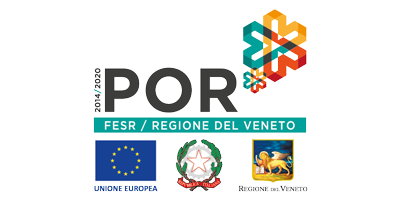News and Events
Legumes to improve food security and make crops productive
08/02/2023
The United Nations believes that pulses are not only nutritious but can also contribute to the development of sustainable food systems to eradicate hunger and poverty from the world. At ILSA, we hail pulses because we have discovered that they are not only a superfood but also the basis of super bio-stimulants.
On the world day dedicated to pulses, February 10, ILSA recalls their strategic function in increasing tolerance to stress, as well as the yield and quality of agricultural production.
It was at the suggestion of Burkina Faso in 2018 that, the following year, the United Nations decided to declare February 10 as World Pulses Day, a global event to mark and recognize the importance and nutritional benefits of these crops. As early as 7,000 B.C., Turks grew chickpeas and lentils. To this day, legumes remain an important food component around the world, with the most popular and widely consumed types being dried beans, peas and lentils. Legume seeds come in various shapes, varieties, sizes and colours, and are rich in essential nutrients such as fibre, protein, vitamins and minerals.
The United Nations believes that pulses are not only nutritious but can also contribute to the development of sustainable food systems to eradicate hunger and poverty in the world.
ILSA scientific research has led to an in-depth study of plants of the legume family and has discovered another peculiar characteristic of these crops – their effectiveness in making other plants resistant to stress and increasing the nutritional values and organoleptic characteristics of fruits and vegetables.
ILSA studied how to extract biologically active molecules from plants of the Fabaceae family using highly environmentally sustainable technologies to create super bio-stimulants and fertilizers.
The hydrolysates extracted from these legumes have become the basis of an extensive range of natural products for organic farming (and for conventional as well) all over the world, which can ensure agricultural productivity and respect for the environment.





.png)
















